More and more Americans are making the surprising decision to leave the suburbs behind and set down roots in tiny rural towns. It’s not just retirees seeking peace and quiet—young professionals, families, and even entrepreneurs are joining the trend. Whether it’s for financial relief or a better sense of community, small-town living has quietly become a compelling alternative. Here are 13 reasons people are packing up and heading off the beaten path.
1. Lower cost of living
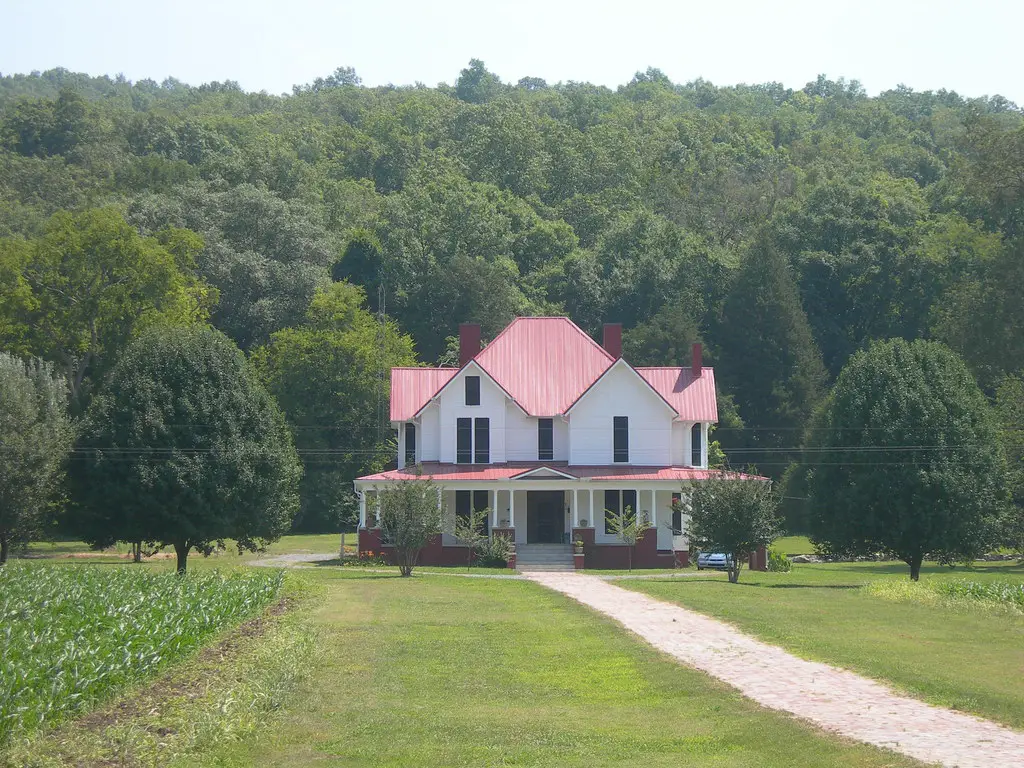
According to U.S. News & World Report, one of the biggest motivators behind the shift to rural towns is the significantly lower cost of living. In smaller communities, everything from property taxes to groceries and utilities tends to cost less. That financial breathing room allows people to save money or afford a higher quality of life than they could in the suburbs. For those feeling squeezed by suburban prices, the appeal of lower expenses is hard to ignore.
The affordability of homes alone is often enough to sway potential movers. A spacious home with land might cost less than a cramped condo in a suburban development. Everyday expenses also drop thanks to fewer temptations to overspend and more self-sufficiency. Over time, the savings add up in ways that feel truly life-changing.
2. Remote work makes location less important

As noted by Forbes, the rise of remote work has empowered many Americans to live wherever they want. Freed from daily commutes, workers are choosing places that align with their lifestyle rather than their employer’s office. Rural towns offer tranquility and space, two things often missing in suburban developments. With high-speed internet increasingly available in more remote areas, the trade-off is minimal.
This shift in work culture has made it easier for families and individuals to prioritize quality of life. Small towns often provide better work-life balance, less stress, and more time spent outdoors. Employees no longer need to pay a premium for suburban proximity to major cities. In turn, towns that were once overlooked are now seeing new life breathed into their economies.
3. A stronger sense of community

Good Housekeeping highlights how smaller towns often offer a closer-knit sense of community. Unlike the sometimes-isolated experience of suburban living, rural towns tend to foster strong neighborly relationships. People look out for each other, lend a hand during tough times, and genuinely celebrate milestones together. This social safety net becomes especially appealing for families and those looking for deeper human connection.
Events like town fairs, school fundraisers, and local parades give residents a reason to gather and form lasting bonds. Children grow up surrounded by familiar faces, and adults find themselves more involved in civic life. For many, it’s a refreshing change from the anonymity of sprawling suburban neighborhoods. That feeling of belonging is a big reason people choose to stay once they move.
4. Less noise, traffic, and stress
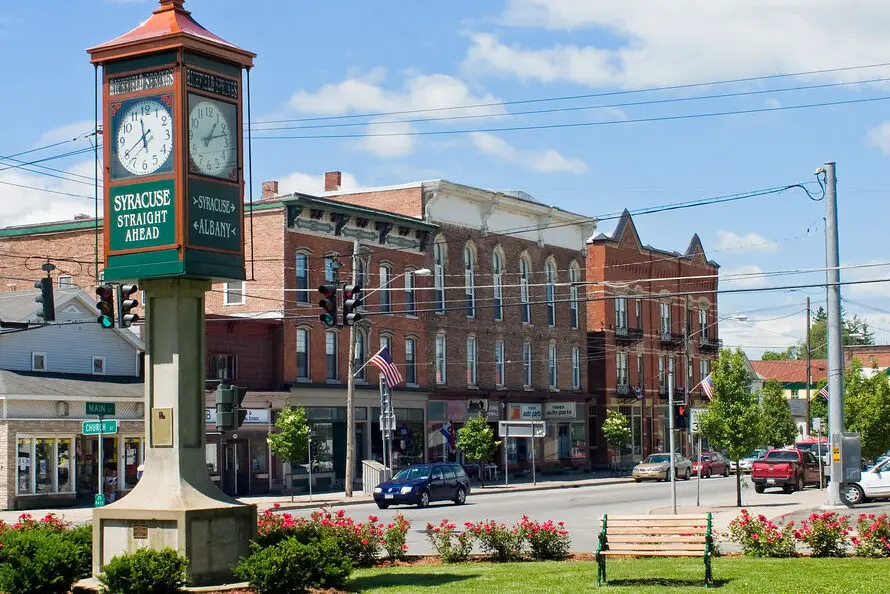
According to Real Simple, one of the most underrated benefits of rural living is the overall drop in daily stress. There’s simply less noise, less traffic, and fewer time-consuming obligations. The slower pace gives people a chance to breathe and enjoy a more mindful lifestyle. Without constant hustle and bustle, residents often find themselves more present and relaxed.
Commutes are shorter, roads are less congested, and errands don’t involve battling packed parking lots. Instead of rushing from one task to the next, people feel like they have more control over their time. The quieter environment also benefits sleep quality and mental health. For those burned out by suburban busyness, the contrast can be instantly healing.
5. More outdoor space and privacy
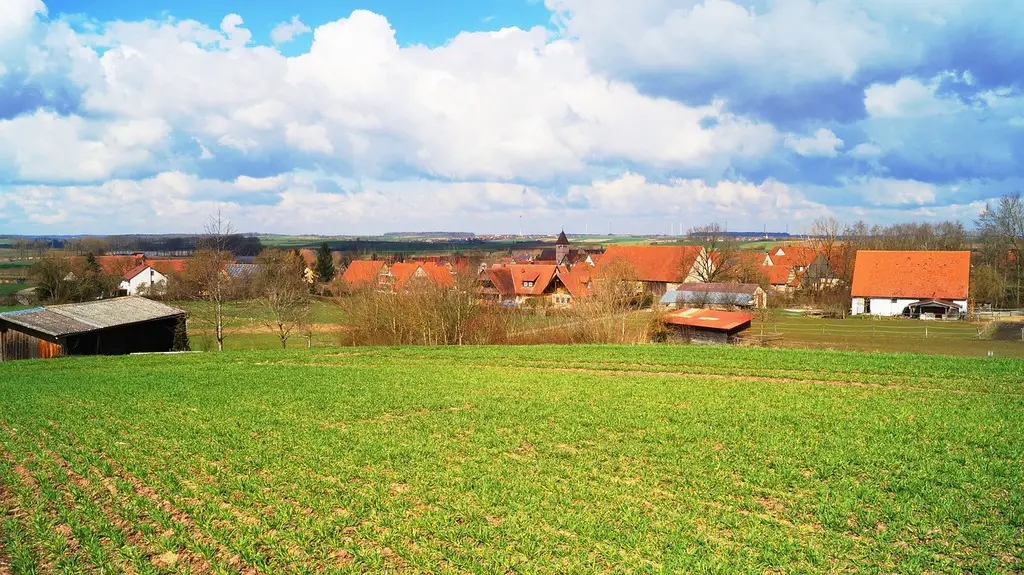
In rural areas, spacious yards and wide-open views are the norm, not the exception. Homeowners can enjoy more privacy without the need for fences or hedges. Children have room to roam, and pets can play freely. The feeling of having your own slice of land is a major draw for many.
Backyards can be turned into gardens, hobby farms, or simply peaceful retreats. Without close-by neighbors, homeowners enjoy freedom to customize their space without judgment. Outdoor entertaining feels more relaxed and personal. The added room helps families feel less confined and more connected to nature.
6. Fewer zoning restrictions
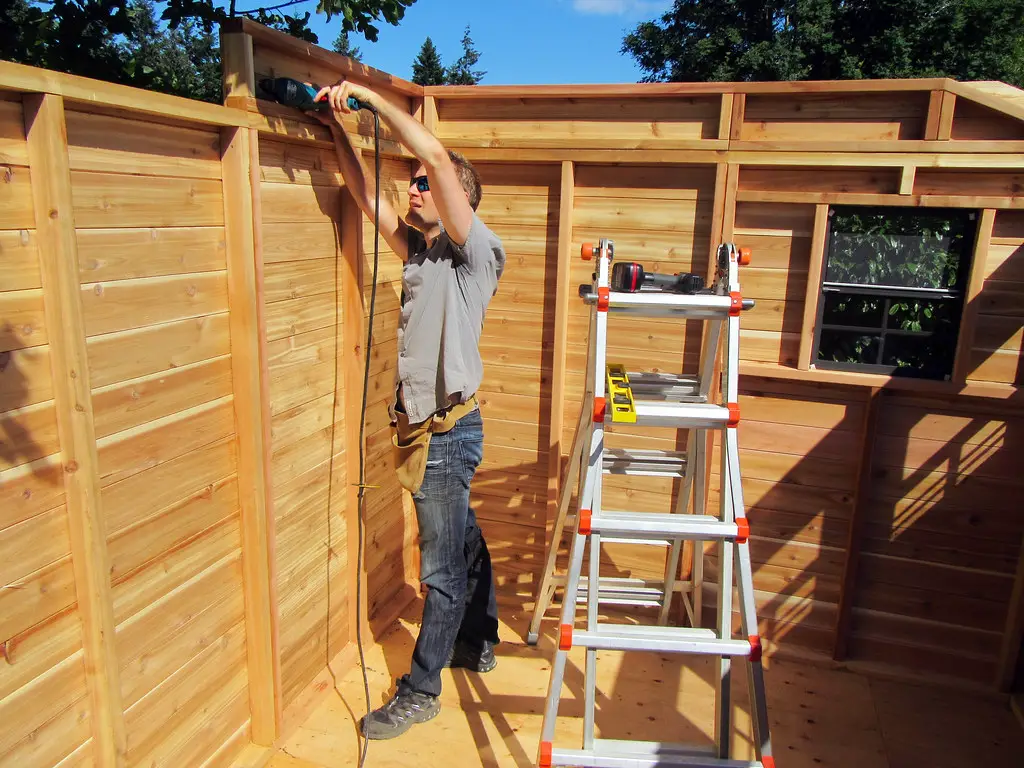
Small towns often have more relaxed zoning laws, making it easier for residents to pursue personal or business projects. From building a workshop to opening a home-based business, there’s less red tape. This kind of flexibility appeals to creative thinkers and entrepreneurs. It also makes it easier for families to adapt their property as their needs evolve.
Want to add a greenhouse, raise chickens, or install a big playset? Chances are no one will stop you. The sense of freedom is a refreshing change from the rigid guidelines found in many suburbs. It invites people to dream bigger and live more authentically.
7. Less pressure to keep up appearances

In the suburbs, there’s often an unspoken pressure to keep up with neighbors—new cars, manicured lawns, trendy décor. In rural areas, that social competition is usually absent. People prioritize practicality over appearances, and there’s less judgment about lifestyle choices. That freedom allows residents to focus on what matters to them.
This shift in priorities can be surprisingly liberating. No one’s keeping tabs on the state of your landscaping or your wardrobe. Instead, values like kindness and self-sufficiency tend to take center stage. That cultural change can lift a huge weight off the shoulders of new arrivals.
8. Better access to nature

Living in a small town often means you’re just minutes away from hiking trails, lakes, forests, and fresh air. Nature becomes part of your daily routine, not something you have to seek out on weekends. Regular time outdoors has been shown to improve mood, health, and sleep. It’s a quiet benefit that builds up over time.
Even mundane activities like walking the dog feel more restorative when surrounded by nature. Wildlife sightings, quiet sunsets, and starry skies become normal. Kids grow up learning about ecosystems first-hand. The constant exposure to the natural world creates a slower, richer rhythm of life.
9. More room for hobbies and creativity
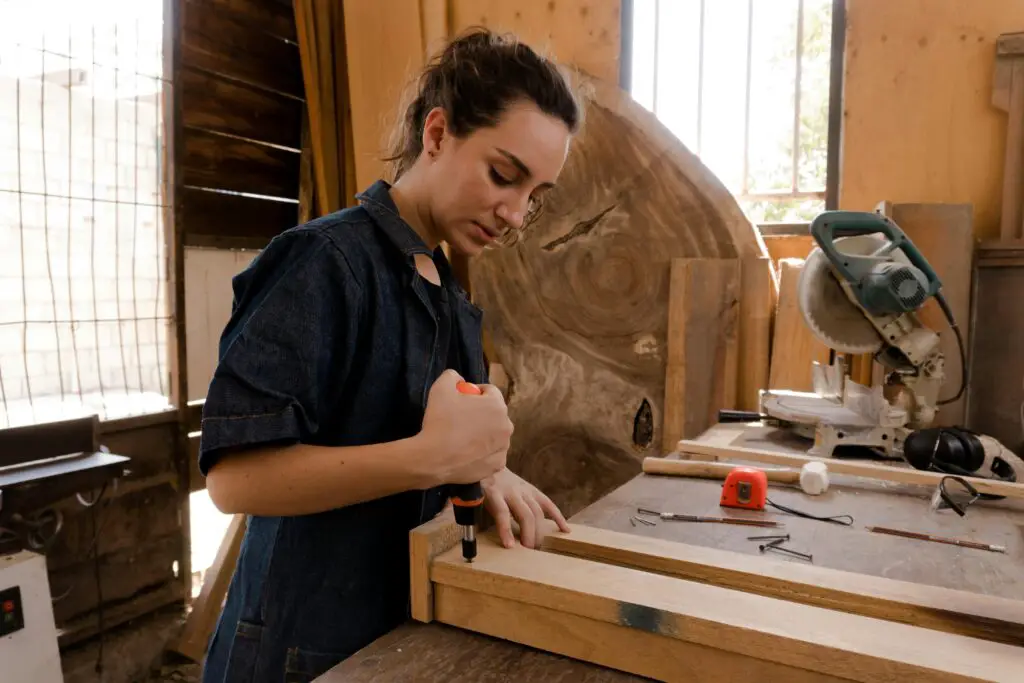
Suburban homes and rules can feel limiting when it comes to hobbies—especially noisy or messy ones. In contrast, rural living allows people to explore interests more freely. Whether it’s woodworking, gardening, or raising animals, there’s room to try new things. That creative freedom is part of what draws people in.
Workshops, garages, and basements often double as project spaces. Without strict HOA rules, people can experiment and fail without fear of judgment. Creative pursuits become more accessible when space and time are plentiful. It’s a subtle but powerful perk of country living.
10. Safer-feeling environments for kids

Parents often cite safety as a major reason for the move. Small towns typically have lower crime rates and more community oversight. Kids can walk to school, ride bikes through town, and play outside without as much concern. That sense of safety fosters independence and confidence.
Children benefit from more freedom to explore and learn through real-world experiences. Trust in the community becomes a parenting ally. Families build relationships with teachers, shop owners, and neighbors who help keep an eye out. It’s a village-like approach to raising kids that many find invaluable.
11. Easier to support local businesses
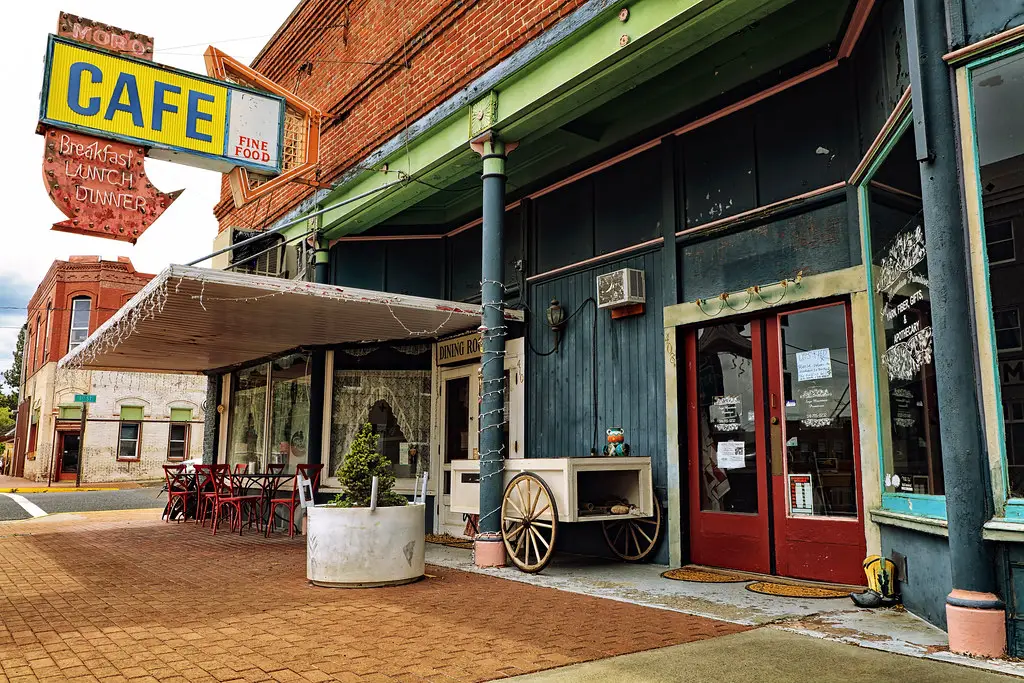
Rural communities tend to rely heavily on local businesses—and locals often return the favor. When you buy groceries, visit a hardware store, or go out for dinner, chances are you know the owner. That connection fosters loyalty and creates a healthy local economy. Supporting small businesses becomes second nature.
Over time, these relationships strengthen the fabric of the town. Business owners invest more because they care about their customers and community. In turn, shoppers feel like their money actually matters. It’s a far cry from the anonymity of chain-store suburban sprawl.
12. Chance to slow down and reset

Many who move to rural towns describe it as a “life reset.” The slower pace encourages mindfulness, gratitude, and deeper connections. Without the constant push to be busier, people find joy in the little things. It’s not about doing less—it’s about doing what matters.
Simple routines like cooking dinner, walking the dog, or chatting with a neighbor take on new meaning. People rediscover hobbies, revisit old goals, and reconnect with their values. The noise fades, and clarity sets in. That feeling is worth more than any suburban perk.
13. A growing sense of momentum
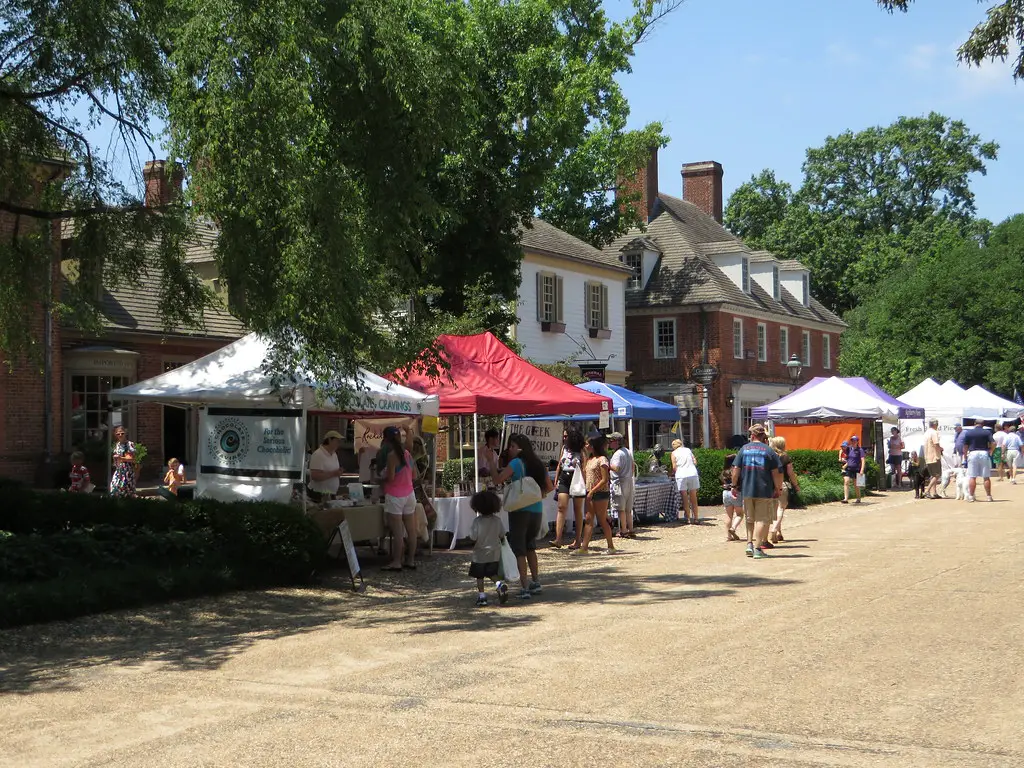
What used to be an unconventional move is now gaining popularity. As more people share their small-town success stories, others feel inspired to try it too. Rural communities are welcoming newcomers and adapting to meet their needs. The trend is no longer fringe—it’s quietly becoming mainstream.
This creates a positive feedback loop: more newcomers bring new ideas, energy, and businesses. Local schools improve, infrastructure gets upgrades, and towns evolve while keeping their charm. For those seeking a sense of purpose and belonging, it’s a move that truly makes sense. And it just might be the start of something bigger.
